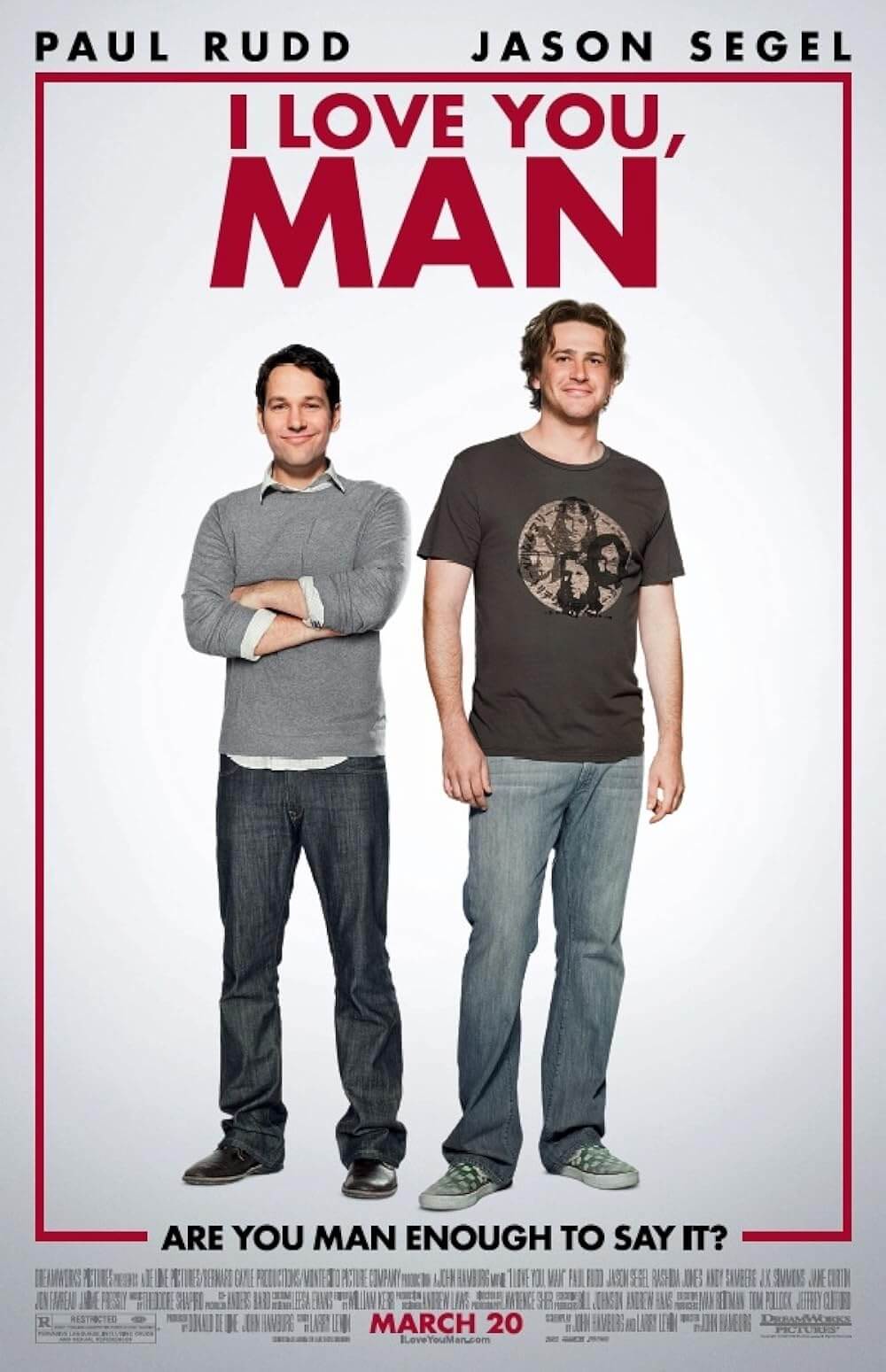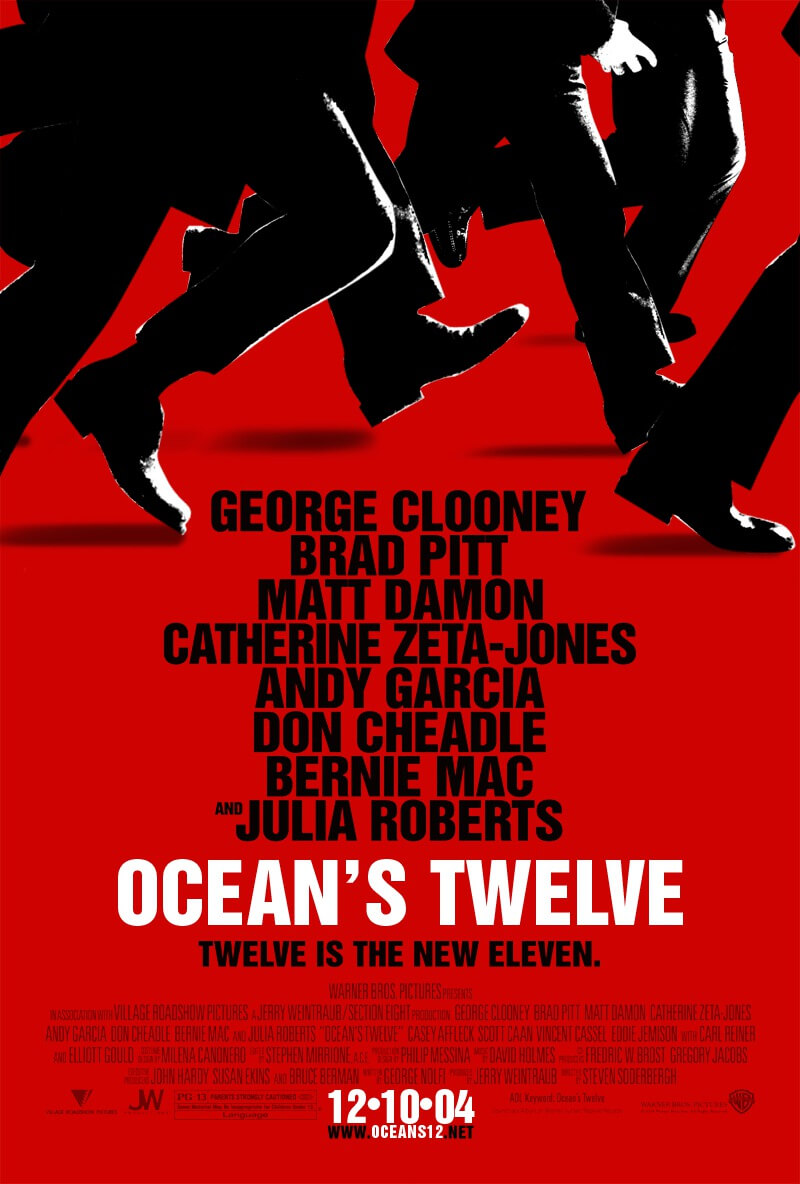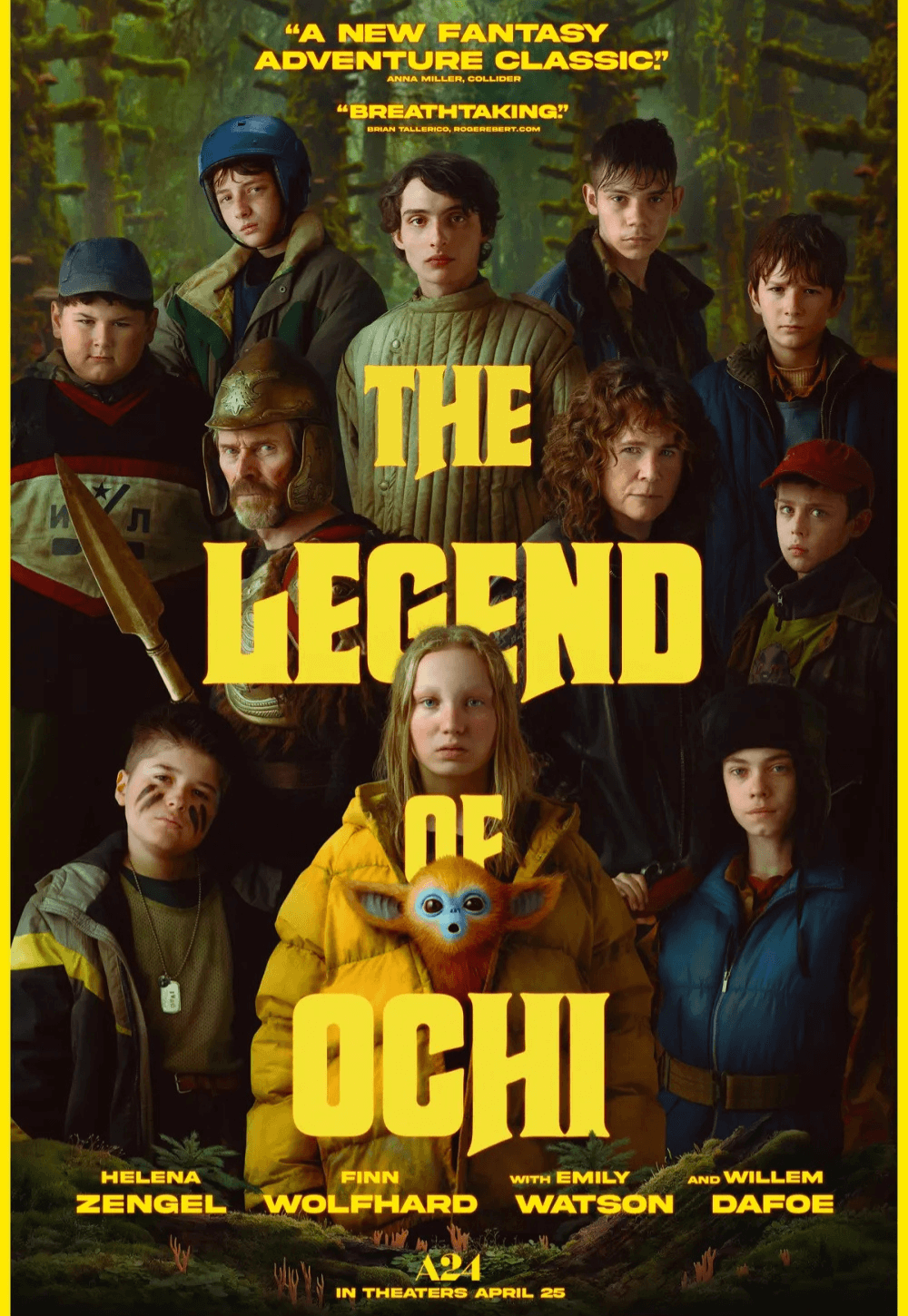
Babes
By Brian Eggert |
Babes sets out to demystify maternity. Balancing raunchy comedic antics with a dramatic undercurrent about the strong bond of female friendships, the crowd-pleaser stars comedians Ilana Glazer and Michelle Buteau as Eden and Dawn, two longtime friends in New York. They used to be inseparable. But since Dawn and her husband (Hasan Minhaj) moved to the Upper West Side, had a child, and became pregnant with a second, the Astoria-based Eden doesn’t see her friend as often. They keep in touch with nonstop texts, including pictures of their bowel movements, and also meet on Thanksgiving each year to see a movie. This year’s movie is interrupted when Dawn goes into labor, which arrives less like a bolt of lightning than a “light pussy drizzle.” The new child, along with Eden’s eventual pregnancy, creates additional distance between the two friends, who jointly experience the difficulty of maintaining strong friendships as adults. Modeled after Judd Adaptow productions, Babes may occupy a recognizable structure, but it’s no less funny or insightful.
Babes follows in the long tradition of comedies about mothering. But examples such as John Hughes’ She’s Having a Baby (1988), Chris Columbus’ Nine Months (1995), Apatow’s Knocked Up (2007), Jason Reitman’s Juno (2007), and most others have one thing in common—they’re usually about a straight, white, cisgender couple figuring out how to raise a child together, whereas the reality of pregnancy seldom takes center stage or factors into the storytelling at all. Eden’s experience is unique in that she makes a genuine connection with a man (Stephan James)—complete with a cute falling-for-each-other sequence that unfolds over a single night—and soon finds herself alone and pregnant. Not even her father (Oliver Platt), who admits he can’t handle this baby stuff, steps in to support her. Eden hopes to rely on Dawn, but with two kids and a case of postpartum depression, Dawn’s life has become stressful and busy—she can barely manage her own life, much less help Eden. This leads to the inevitable third-act fissure in the friendship, which is quickly, and predictably, repaired.
After having a child in 2021, Glazer has had pregnancy and parenthood on the brain, apparently. Just three years ago, she co-wrote and starred in False Positive (2021), a Hulu original horror yarn that got lost in the pandemic haze. Taking no shortage of ideas from Rosemary’s Baby (1968), the movie found Glazer’s character manipulated by her husband (Justin Theroux) and their mad scientist fertility doctor (Pierce Brosnan) while dealing with the anxiety and uncertainty of pregnancy. With Babes, screenwriters Glazer and Josh Rabinowitz tackle the things they don’t tell women about pregnancy—that when a woman’s water breaks, it’s not always a dramatic burst like you usually see in the movies; sometimes, it’s more subtle. And it’s not until some women are actually giving birth that they learn how a mother must also push out the placenta, which is like a second, somewhat anticlimactic birth after the first one.
 Glazer has been open about her birthing and motherhood experience in the media, and it’s refreshing to see her make movies that express complex feelings about these common concerns and experiences. That said, while Babes may be informative for some aspiring mothers, it may also be a deterrent for others. “This movie is great birth control,” remarked my wife after Dawn learned she had developed a second-degree tear during labor. Rather than shining a glimmering light on motherhood, as most portraits of this process tend to do, Glazer and Rabinowitz acknowledge the grotesque reality of babies covered in feces, adult diapers, low breast milk production, and other matter-of-fact details that don’t usually feature in comedies about birth. Maybe more exposure to the realities of pregnancy is one of the reasons—along with the excessive costs of birthing and raising a child, the dangers of being pregnant when life-saving medical procedures are outlawed, inflation making the costs of living and childcare untenable for many, and a doom-laden outlook for the human race—birth rates continue to decline.
Glazer has been open about her birthing and motherhood experience in the media, and it’s refreshing to see her make movies that express complex feelings about these common concerns and experiences. That said, while Babes may be informative for some aspiring mothers, it may also be a deterrent for others. “This movie is great birth control,” remarked my wife after Dawn learned she had developed a second-degree tear during labor. Rather than shining a glimmering light on motherhood, as most portraits of this process tend to do, Glazer and Rabinowitz acknowledge the grotesque reality of babies covered in feces, adult diapers, low breast milk production, and other matter-of-fact details that don’t usually feature in comedies about birth. Maybe more exposure to the realities of pregnancy is one of the reasons—along with the excessive costs of birthing and raising a child, the dangers of being pregnant when life-saving medical procedures are outlawed, inflation making the costs of living and childcare untenable for many, and a doom-laden outlook for the human race—birth rates continue to decline.
The dramatic scenes in Babes don’t quite land as well as the comedy. Fortunately, the movie is often hilarious, with a similar energy to Glazer’s sitcom Broad City (2014-2019). Glazer and Buteau have an effortless onscreen rapport, allowing them to riff and joke around to the viewer’s delight. Some of the bits work; others don’t. In the former category, a sequence where Eden babysits Dawn’s 4-year-old boy, and she decides to show him The Omen (1976), results in a ridiculously funny outcome. Another ongoing gag about Eden’s OBGYN (John Carroll Lynch) having issues with his male pattern baldness falls flat. Pamela Adlon makes her screen-directing debut with Babes, offering a competent and unfussy presentation. The movie doesn’t have much of an aesthetic to speak of, but then, most comedies opt for a straightforward visual style to allow the jokes to shine. This one looks like it could have debuted on a streaming service, which seems to be the home for most comedies today.
Indeed, it’s hard for comedies these days. Not so long ago, a movie like Babes would have opened in a couple of thousand theaters across the US and made a hefty profit. But with an unpredictable box office and competition from streaming, the distributor, Neon, has relegated the comedy to a limited theatrical release plan. Doubtlessly, it’s designed to build word-of-mouth, complete with the Mother’s Day preview screenings. Lionsgate tried a similarly slow rollout with last year’s underperforming Joy Ride, and it failed to break through or earn a profit. Here’s hoping Babes fares better, as it speaks to half the population about the personal, messy, confusing, and exhausting process of becoming a mother. But even more than its lessons about motherhood or friendship, it’s a funny movie that delivers on laughs.

Consider Supporting Deep Focus Review
I hope you’re enjoying the independent film criticism on Deep Focus Review. Whether you’re a regular reader or just occasionally stop by, please consider supporting Deep Focus Review on Patreon or making a donation. Since 2007, my critical analysis and in-depth reviews have been free from outside influence. Becoming a Patron gives you access to exclusive reviews and essays before anyone else, and you’ll also be a member of a vibrant community of movie lovers. Plus, your contributions help me maintain the site, access research materials, and ensure Deep Focus Review keeps going strong.
If you enjoy my work, please consider joining me on Patreon or showing your support in other ways.
Thank you for your readership!
Brian Eggert | Critic, Founder
Deep Focus Review







